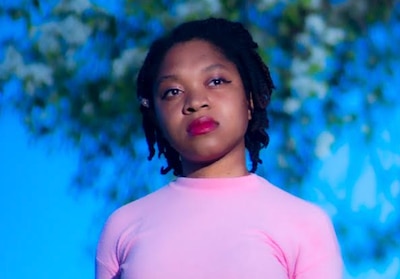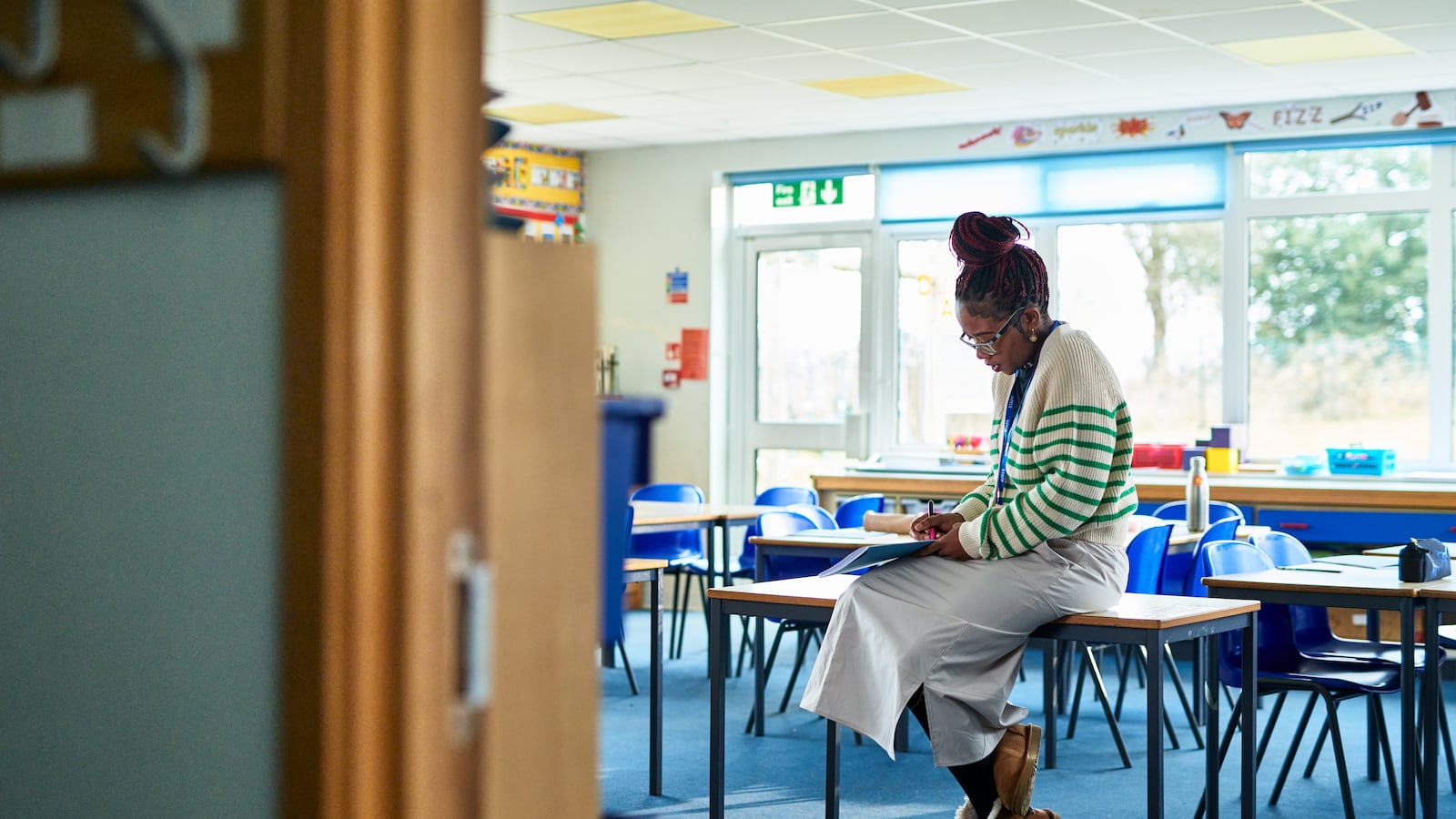When I was in middle school, I received two detentions. Detentions were reflected on academic records, and three meant a suspension.
Detention No. 1 stemmed from my bringing a cheap digital camera to school. I love photography, and as I’d received the camera for Christmas, I brought it with me to take pictures on the playground. While other students texted on their smartphones despite the strict no-phone policy, I took photos of the swings. Seeing this, my teacher confiscated my camera and gave me my first-ever detention.

I got my second detention for being late to my math class. During the five-minute period between one class and the next, I stayed behind in computer class to help my teacher. She wrote a note so my math teacher would excuse my tardiness. The second I walked into my math classroom, my math teacher rushed to write me a detention. All the while, as I was attempting to explain my situation, a non-Black student also slipped in late, unexcused, and did not receive a detention.
There is a common denominator in both of these stories. When I received these detentions from two different white teachers, I went to the same Black teacher for support. Not only did she not back me up, but she also chastised me, siding with those who punished me. This has stuck with me for years.
As a Black student, I understood at a young age that having Black teachers didn’t necessarily save me from racial discrimination. It wasn’t until high school, after meeting my science teacher who was Black, that I finally felt heard. My high school introduced me to various Black professionals, from all walks of life, in both staff and administrative positions. It was in this environment that I eventually felt safe as a Black student.
For Black and other marginalized children experiencing racism and other forms of discrimination, a teacher who looks like them can aid in their success and comfort, research has shown. However, Black teachers are not the only ones responsible for educating Black students.
That’s why I wish well-meaning educators would stop treating the presence of Black teachers as a quick fix and our community like a cultural and economic monolith. Black educators may themselves be experiencing racism and microaggressions at school. We also come from different communities and socioeconomic backgrounds, which means we may or may not share similar life experiences with our students.
As someone who has worked as an assistant teacher and is currently a literacy skills tutor — my students are primarily marginalized learners, including Black and Hispanic children, and those from low-income households — I listen and try my best to understand their experiences. I am very privileged to be someone they open up to. And I am happy to know that my presence in my students’ lives has made them feel seen and more comfortable at school.
But I’m not going to reach every Black student, and the responsibility to do so shouldn’t fall disproportionately on my shoulders. Accepting this saddened me at first, and I worried that I was failing students who looked like me.
I sometimes see other Black educators on TikTok expressing their concern about reading levels among Black students. One teacher mentioned that many of her students read far below their grade level. The teachers cited many reasons for these struggles, such as the lack of family support and underfunded school systems, especially now, when programs supporting low-income students and students of color are being targeted by the current administration. We need policy changes, but they aren’t likely to be forthcoming.
Of course, parental engagement plays an important role in ensuring the success of Black learners. But placing all the blame on parents isn’t right, either, considering many of them are working long hours at multiple jobs, and they may have faced educational inequities in their own schooling. (Across the U.S., some 54% of people between the ages of 16 and 74 read below a sixth-grade level, and there are clusters of low literacy rates in some majority-Black communities in the South.)
The responsibility for educating Black children is not the work of Black teachers alone. Nor is it the sole responsibility of parents or guardians. Community intervention means educators from all backgrounds and families coming together to ensure that Black students have what they need to thrive.
When I was 22, I interned for KERA, a Dallas-based, listener-supported radio station. Part of that internship involved assisting at an educational summer camp that primarily served Black students. There, I watched as the kids learned from Black educators about the environment around them, and I understood how this summer camp fostered relationships between Black youth, teachers, and the parents who enrolled their children in this camp, where the kids learned to care about nature and conduct science experiments.
I realized then the importance of us all coming together to be cheerleaders for our Black youth. It made me see how unfair it was to expect Black educators or parents to do it alone; it should be a group effort. It’s on all of us to uplift Black students.
Avery Oliver is a freelance and contributing journalist based in Denton, Texas. She currently writes about such topics as the environment, mental health, entertainment, and representation for Black people. In addition, Oliver tutors students in kindergarten through college level in reading, writing, and spelling.



